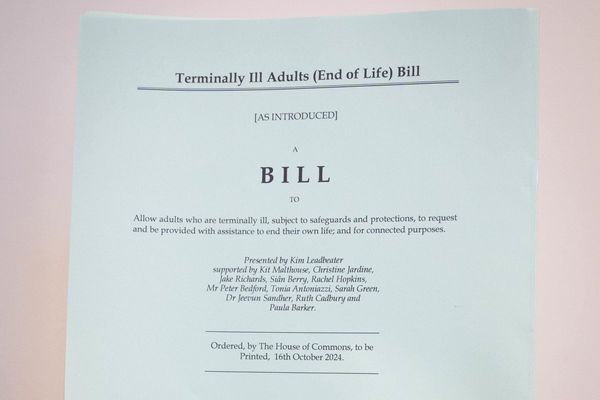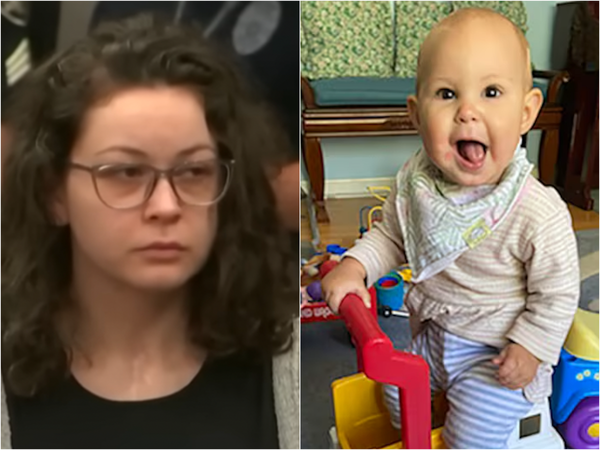
Uber is cracking down on unfair driver deactivations and ratings that are caused by false allegations from customers.
The company announced in a Nov. 13 blog post that it's rolling out new features for Uber and Uber Eats apps to make sure that driver deactivations are “fair, accurate, and transparent.”
"We have heard from drivers and couriers that they sometimes feel like Uber sides with customers, especially when it comes to complaints that cause them to lose access to their account,” the company said in the blog post. “We strive to promote safety for everyone who uses Uber — but the reality is that people sometimes make false accusations, often with the intent of getting a refund from Uber.”
Related: Uber earnings miss forecasts, but group sees solid holiday quarter
In one of its new features to tackle the issue, Uber UBER announced that it has expanded its Review Center in its app which would inform drivers about why their account was deactivated. It also gives drivers a chance to request an additional review of a deactivation decision and allows them to submit evidence such as audio or video to help dispute any claims.
Uber also said that it released a new system that identifies customers who report false incidents and give negative feedback about drivers with the intent of getting refunds.
“Allegations made by these customers will not be considered in drivers’ ratings or drivers’ or couriers’ account deactivation decisions,” wrote the company.
Drivers on the platform are also receiving additional protection from false accusations of being under the influence.
“Going forward, drivers whose accounts are at risk of permanent deactivation for drug-impaired driving will be provided the option to take a drug test through a nationwide partnership with LabCorp. Uber will cover the cost of the testing, whatever the outcome,” the post read.
It is no surprise that Uber is doubling down on driver deactivations. The new features come after a survey was released earlier this year where 810 Uber and Lyft drivers in California were asked about their experiences driving for the ride-hailing apps.
The survey found that a disproportionate amount of drivers that were deactivated on the platforms were people of color: 65% were drivers of color compared to 57% of drivers who were white.
The survey also found that 30% of the drivers who were deactivated were not given any explanation by Uber or Lyft explaining why their account was shut down, and 42% of the deactivated drivers were told they were deactivated because of customer complaints.







